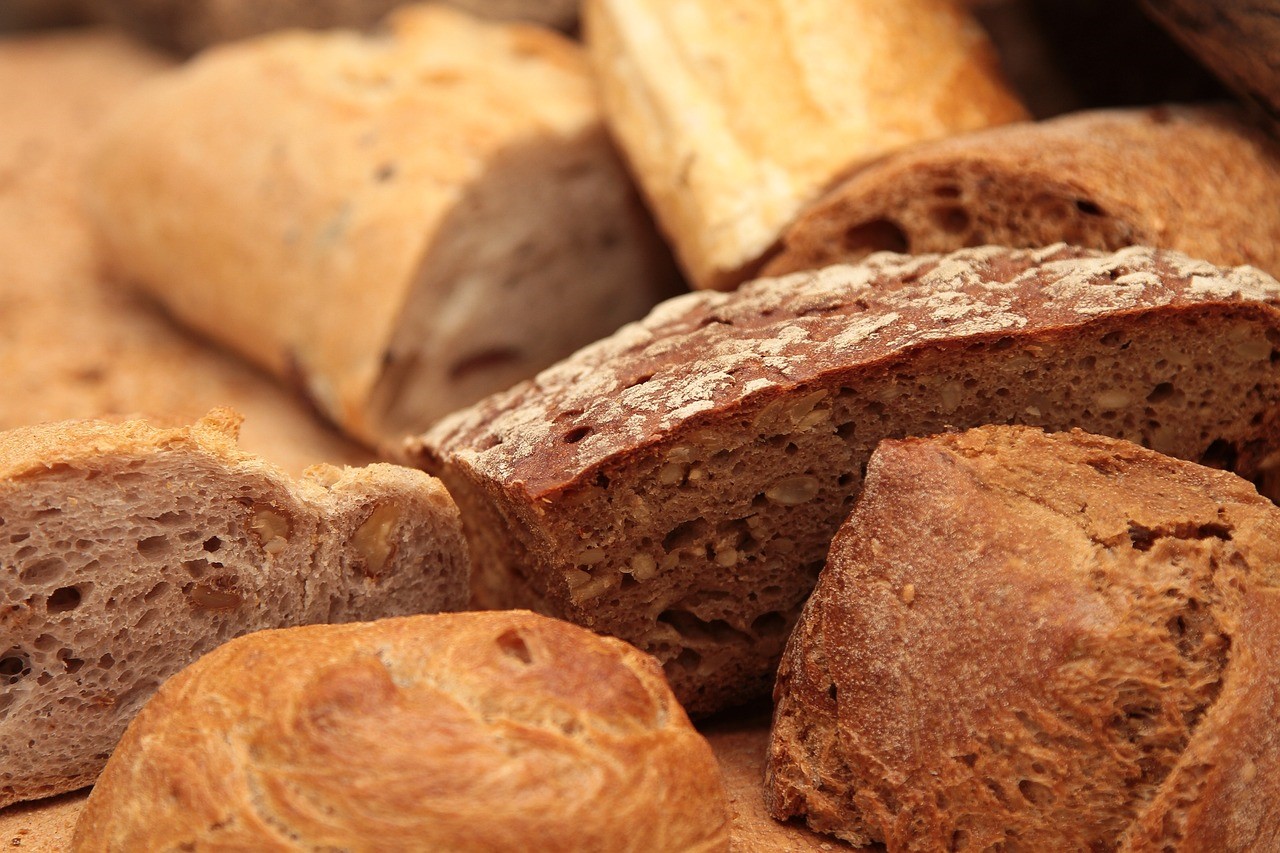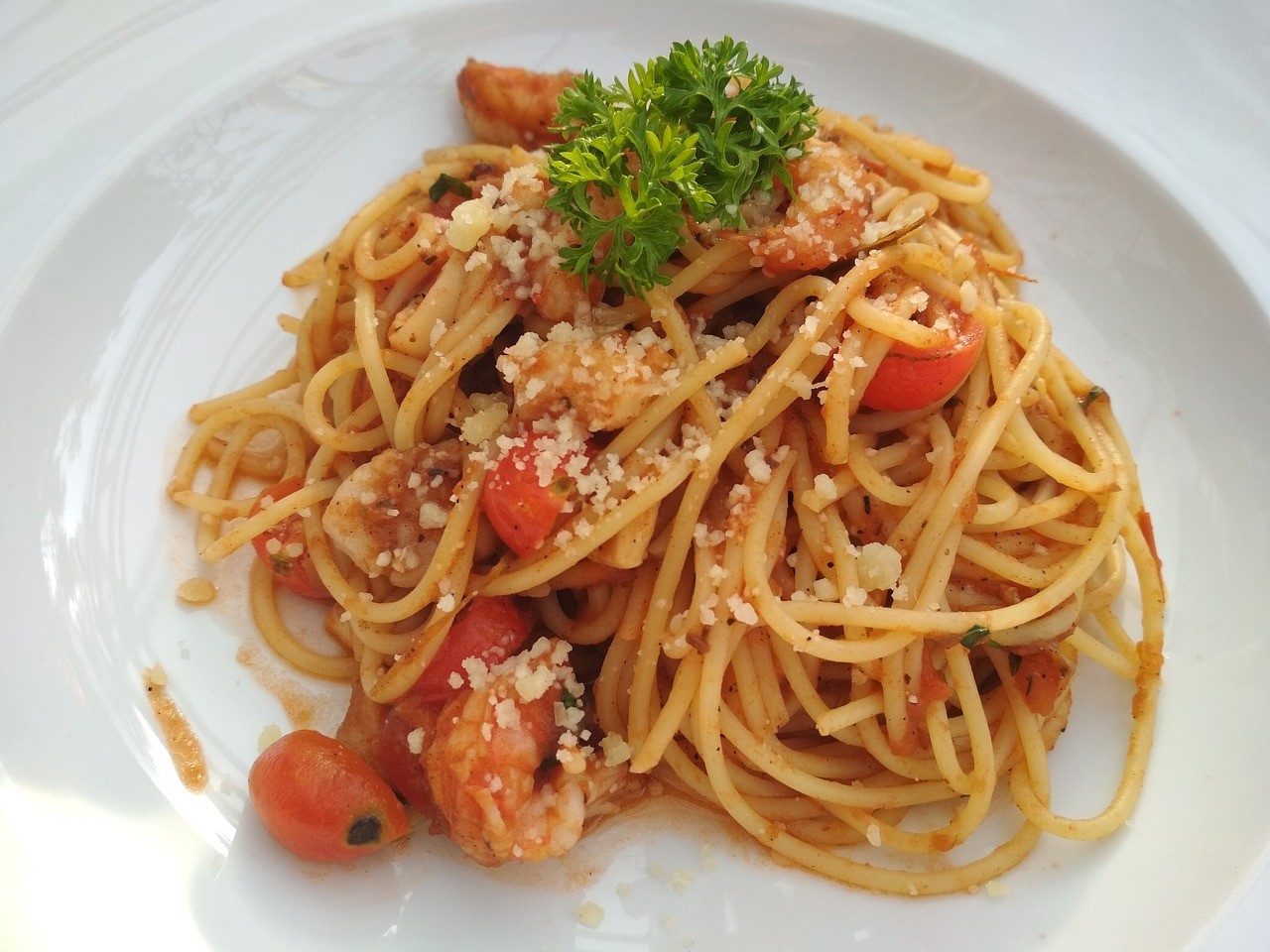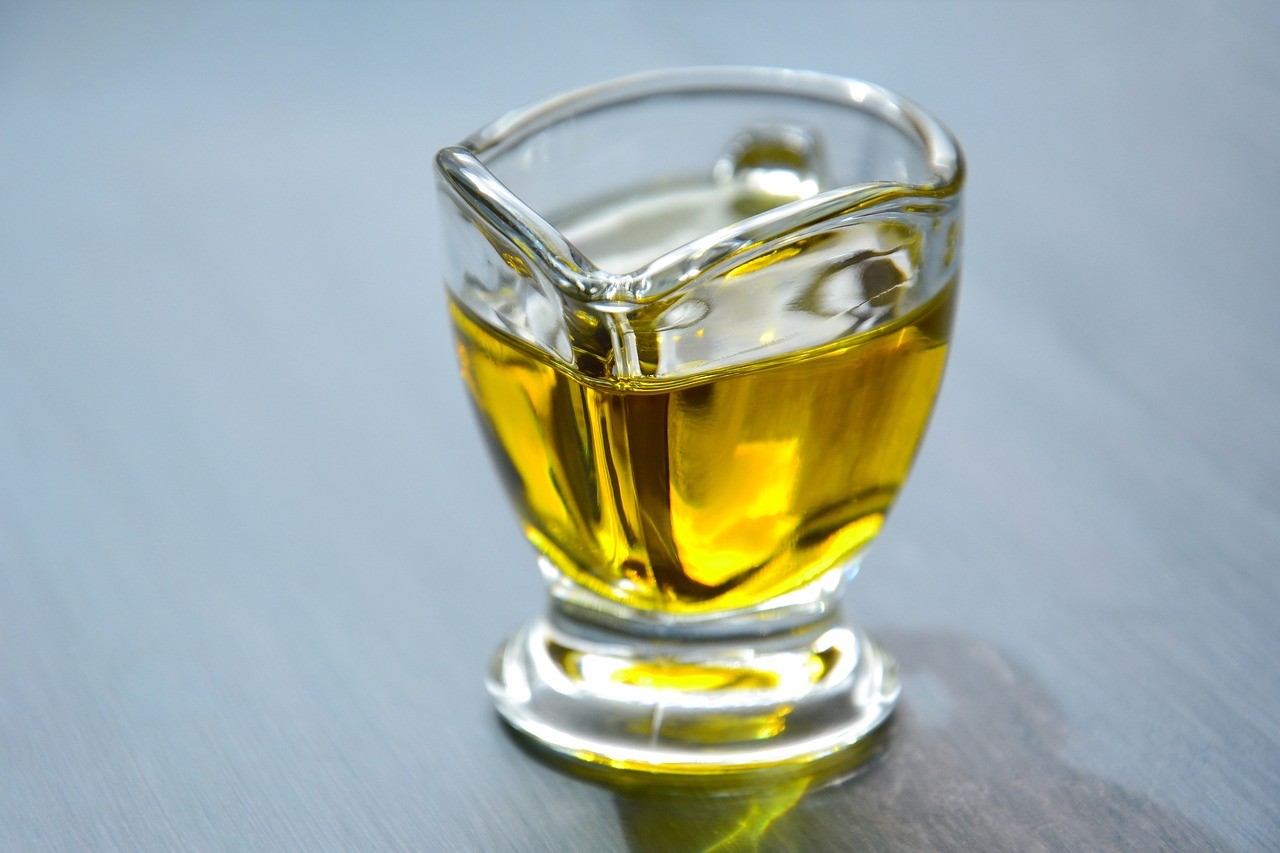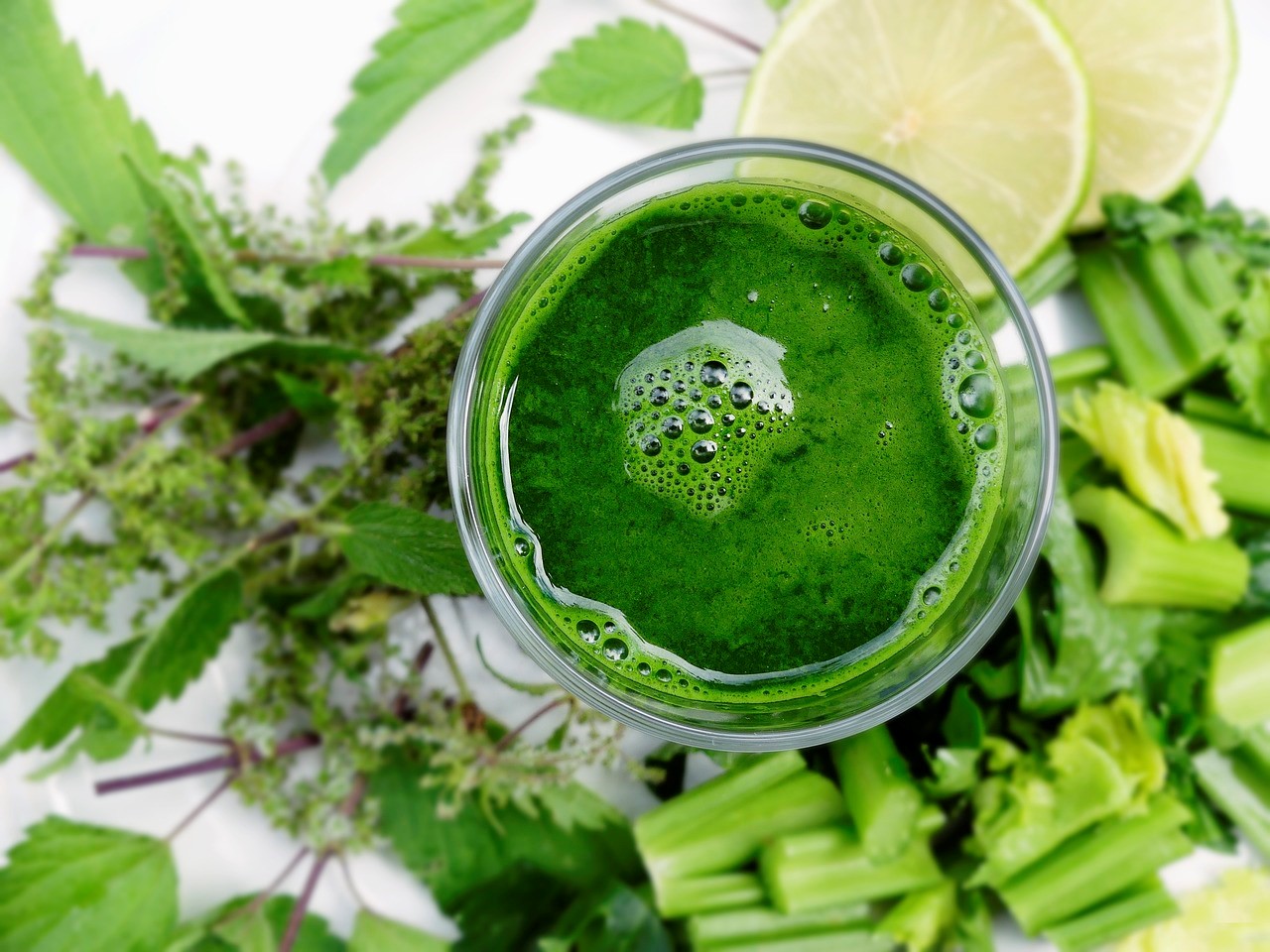You've probably heard it said that carbohydrates make you fat, or that fat is the problem. Or that gluten clogs the intestines, causes weight gain and that we should all follow a gluten-free diet. What about, for example, the assertion that we are all clogged with toxins, that our intestines are colonised by dangerous parasites and that we therefore need to detoxify regularly with special cocktails? Similarly, you've probably heard somewhere that to lose weight you need to starve yourself, eat only salads and light foods and eat at least five meals a day. As you may have guessed, this is all just a myth. Let's take a closer look and say goodbye to weight loss myths once and for all.
Myth number 1: carbohydrates make you fat
You've probably already heard that pastries or pasta are fattening because they contain a lot of carbohydrates. Nothing could be further from the truth. Weight gain is due to long-term calorie excess, i.e. when you take in more calories than you consume in a day. It's true that cereals, pastries and pasta are rich sources of carbohydrates and that excessive consumption of these foods can lead to excess calories and weight gain. However, consuming large quantities of fat or fat and carbohydrate at the same time would also lead to weight gain. Weight loss, weight gain and weight maintenance are all a question of calorie balance (calorie intake in relation to calorie expenditure).
Carbohydrates are not the enemy if they are included in the diet in adequate quantities and if they come from appropriate sources. They can benefit us by providing the body with healthy fuel and fibre. Good sources of carbohydrates are vegetables, fruit (in reasonable quantities), wholemeal cereals and their derivatives (oat flakes, wholemeal wheat and rye bread, wholemeal couscous, bulgur, wholemeal pasta), pseudo-cereals (buckwheat, quinoa) and potatoes.
|
Myth number 2: fat makes you fatLong gone are the days when it was traditional among experts and the public to say that fats are health and figure killers and that we should eliminate them from our diet without exception. But the consequences have remained, which is why many people still think that fats have no place in a healthy diet and try to eliminate them. The demonisation of fats has been one of the greatest nutritional errors, and it is certainly not true that the fats present in our diet are directly responsible for our overweight or our health problems. Once again, it's a question of choosing the right fats and in the right quantities. Some fats are even indispensable (essential) and we need them for the body to function properly. Fats have many vital functions in the body: they are essential for the absorption of certain vitamins and the construction of cell membranes, they help produce hormones and slow down digestion, so that we feel fuller for longer after eating. However, it is important to choose the right sources of fat and to be careful about the amount you eat. Fats containing unsaturated fatty acids, found in good quality vegetable oils (olive, flaxseed, avocado), nuts, seeds, avocados and oily fish, are considered beneficial to health. Fats containing saturated fatty acids are also necessary to a certain extent, but their consumption should be slightly lower (around 10% of total energy intake). Excessive consumption increases the risk of cardiovascular disease. Saturated fats are found mainly in fatty meats and full-fat dairy products, but also in coconut fat and palm fat. Then there are trans fatty acids or trans fats. These are found in industrially processed foods, solidified fats, fried foods, fast-food meals, potatoes, pastries and sweets, biscuits, etc. These are the fats that should be eliminated as far as possible from our diet, as they are directly harmful to our health. It is well established that trans fats are the most harmful form of fat, as they increase the risk of numerous diseases, in particular cardiovascular disease (up to twice as much) and increase blood clotting, the formation of blood clots, cholesterol in the blood and the risk of colon cancer.
|
Myth number 3: I have to starve myself to lose weightThe idea that the less you eat, the more weight you lose, and the faster you lose it, is the greatest of absurdities. The popular Slovakian saying ‘the less you eat, the better’ can be applied to many areas of life, but when it comes to losing weight, it may not be the best solution. Paradoxically, food deprivation does not lead to weight loss, but contributes to fat storage. The body adapts to food deprivation and low calorie intake through a number of adaptation mechanisms. Thyroid hormone production decreases, the basal metabolic rate falls and fat reserves are spared, fatigue and performance diminish and muscle mass is lost. The appetite for physical activity decreases and energy expenditure falls. We then find ourselves in a vicious circle where we progressively gain weight or constantly limit the amount of energy we consume in an attempt to maintain our body weight. This is not really the right solution. If you want to lose weight permanently and sustainably, the solution is to adopt a nutritionally balanced diet, with a moderate calorie deficit that respects each person's personality and goals, ideally combined with regular physical activity. |
Myth number 4: If I eat healthily, I'll lose weightEven foods generally labelled as healthy cannot be eaten in unlimited quantities, as excess calories can be achieved by eating uncontrolled quantities of 'healthy' foods such as popular nuts and nut butters, vegetable oils or fruit. Consequently, simply adopting a healthy diet does not automatically mean losing weight if you don't monitor your calorie intake and expenditure. Myth number 5: Gluten is the enemy of weight lossThe gluten-free diet has been a major trend in recent years. Its promoters claim that it's a miracle diet that will cure all our ills. Of course, a gluten-free diet can be healthy, but it all depends on what you mean by gluten-free. There's nothing healthy about special gluten-free products, which include industrially processed foods and ready-made meals. On the contrary, staple foods that are naturally gluten-free can be beneficial to health (potatoes, pseudo-cereals, vegetables, fruit, lean meats, fermented dairy products, pulses, fish, etc.). A gluten-free diet is often associated with improved body fat burning. However, even a gluten-free diet is not a miracle elixir for weight loss. It is very likely that the more restricted food choices of a gluten-free diet are also associated with a reduction in calorie intake and therefore weight loss. However, this effect is not linked to the elimination of gluten per se, but to the restriction of consumption of high-energy foods containing gluten (sweets, fast food, etc.). Once again, it's a question of balancing calorie intake and expenditure. Conversely, a gluten-free diet can contribute to weight gain if you eat special gluten-free 'treats' full of sugars and solidified fats. A poorly designed gluten-free diet can also lead to a whole series of nutritional deficiencies. When we stop eating all foods containing gluten, we can deprive ourselves not only of our main source of energy in the form of carbohydrates, but also of minerals, vitamins and fibre. A gluten-free diet is therefore much more difficult to balance nutritionally. Unless you have coeliac disease or gluten sensitivity, there is no rational reason to eliminate gluten completely from your diet. |

Myth number 6: No food after 5pmMany people still believe that you shouldn't eat after dark. To put it simply, calories don't have a clock and don't know when to be stored in fat. What really counts is not the time of your last meal, but your total energy intake, i.e. the amount of food you eat throughout the day and how your diet is defined in relation to your current lifestyle. As long as we don't exceed our ideal calorie and nutrient intake, we can have our last meal at 9pm without having to worry about excess weight. The evening meal should be as balanced as the other meals of the day. It should contain good quality proteins, healthy fats and complex carbohydrates. We don't skip carbohydrates at dinner, we simply adjust the amount to match total daily requirements and choose the right sources. It's not a good idea to skip carbohydrates, especially if you exercise in the evening. Carbohydrates are important for muscle glycogen recovery (a form of energy storage for physical effort) and faster recovery after exercise. |
Myth 7: I can't enjoy myself when I'm losing weightSome people often despair of being able to afford anything when they lose weight and have to restrict themselves. This is a serious mistake. Successful weight loss and the road to a perfect figure don't lie in extremes and dietary restrictions, but in a healthy, sustainable eating pattern. It's important to be able to indulge occasionally, but also to be able to compensate properly. That's why we have the 80:20 rule in nutrition, which stands for sustainable eating. 80% of your energy intake should be made up of foods of high nutritional value that are not highly processed (vegetables, fruit, lean meat, fish, eggs, nuts, potatoes, fermented dairy products, pulses, etc.). 20% of energy intake can be reserved for moderate ‘sin’ and filled with less suitable foods. Myth No. 8: Dark pastries are the healthiestWe're all convinced that we should choose dark pastries at the grocery shop. After all, it's healthier. But that's not the case. In fact, dark pastries are no healthier than white pastries. It's not wholemeal bread that's so recommended for its health benefits. Wholemeal bread contains wholemeal flour as its basic raw material, which contains a higher proportion of fibre, vitamins and minerals. From a nutritional point of view, it is therefore much more beneficial than white bread. However, dark bread is just white bread coloured with malt or other colourings, so it doesn't have these benefits. Also beware of bakery products labelled ‘cereals’, ‘multigrain’, ‘7-grain’ and ‘special’, which are far from complete. Once again, these are colourful pastries made from refined white flour with a few cereals or pulses mixed in. The benefits of these pastries are minimal and they are nothing more than 'empty calories'. The next time you go shopping for baked goods, look for the exact name of the product or look at the ingredients. The name of the bakery should really only contain the word 'wholemeal' or wholemeal flour should be listed first in the ingredients. Rye bread is also beneficial and suitable. Myth number 9: We need to detox regularlyYou've probably heard it said that we need to detox regularly because we're clogged up with various toxins and parasites. To detox, we only drink green smoothies or use expensive detox products and teas for a few days. In reality, it's our bodies that do it. Our body naturally detoxifies itself 24 hours a day, and this natural detoxification involves the liver, kidneys, lymphatic system, lungs, digestive tract and skin. There's no need for cocktails or special detox treatments. For the body to function properly, it must be supported by an adequate diet containing sufficient vitamins, minerals, antioxidants and proteins. Green food also helps the body's detoxification organs to function properly.
Myth number 10: You can't lose weight with a slow metabolismMany people have a slow metabolism. Whether they've developed a slow metabolism as a result of a crash diet, gone to extremes for a long time or simply eaten badly for a long time, there's always a way to remedy it. A slow metabolism does not mean an inability to lose weight. A popular solution to this problem is the reverse diet method. The principle of the reverse diet is to provide energy gradually. In short, you need to eat gradually. We start by adding 250-300 kcal depending on the person's somatotopy, then we add 50-200 kcal per week until we reach the optimal calorie intake. If we've started to put on weight fairly quickly, we add values very quickly and need to slow down. If, on the other hand, our weight is falling, we need to add more calories. By gradually increasing intake, the body adapts and the metabolism naturally speeds up. In addition to a suitable diet, the metabolism can also be stimulated by plant extracts. Myth number 11: Only low-fat products help you lose weightLow-fat products are not always a good choice when it comes to losing weight. Logically, when you remove something from a product (such as fat), you have to add something. This of course has an impact on the quality and nutritional value of the product. The main problem with these products is that they often contain a lot of sugar, starch and flavourings. However, not all low-fat products are bad, provided they are naturally low-fat. Examples include low-fat white Greek yoghurt, Skyr or hard cheeses containing up to 30% fat in the dry matter. There's nothing wrong with these foods, which fit perfectly into a healthy, slimming diet. Myth number 12: If I want to lose weight, I have to eat 5 times a dayAnother widespread myth is that you have to eat 5 times a day to lose weight. In reality, it doesn't matter how often you eat and the number of meals a day has only a minimal effect on weight loss. In terms of weight loss, energy intake is much more important, with an optimal calorie deficit and the right triple ratio of the main nutrients (proteins, carbohydrates, fats). |


